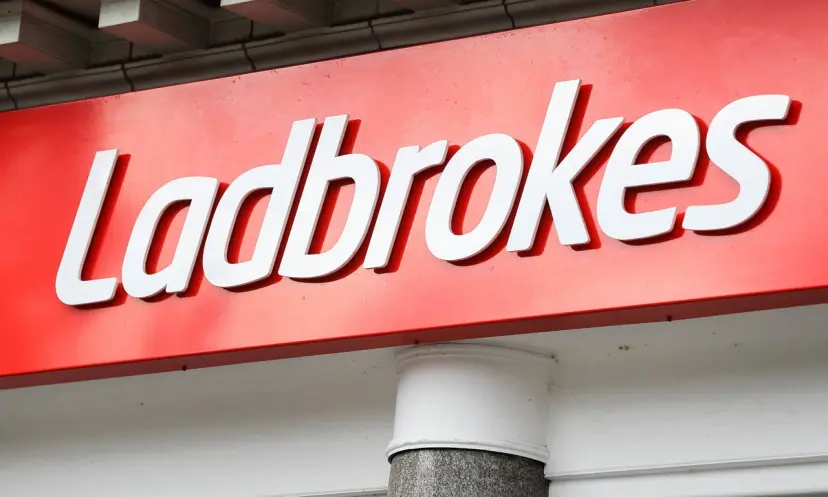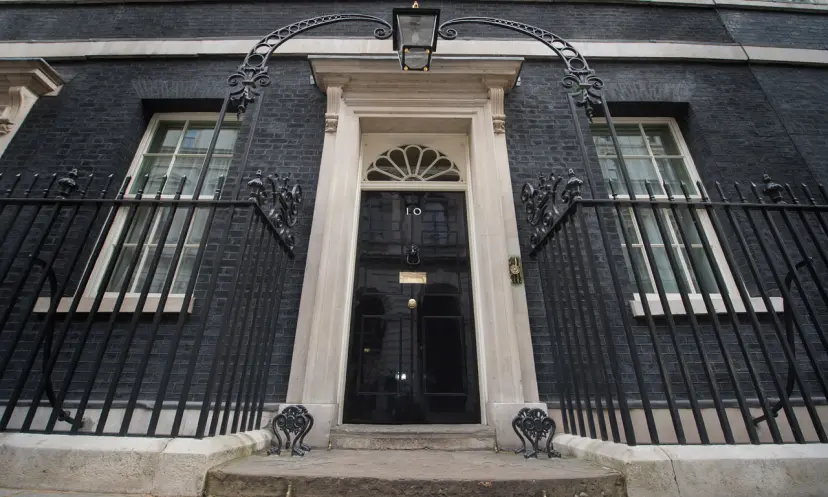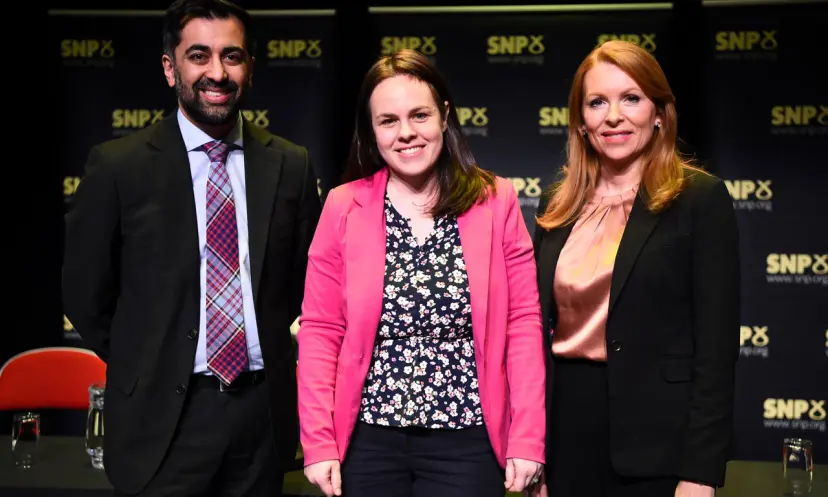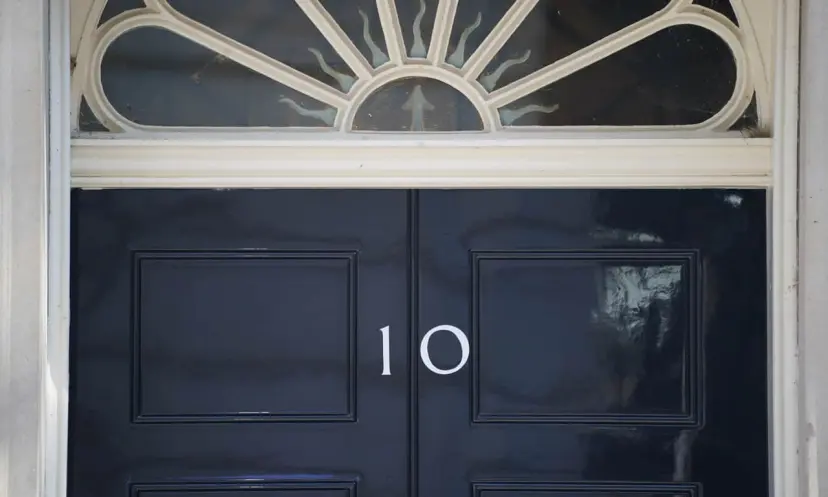Why did betting markets get the EU Referendum result so wrong?
Published: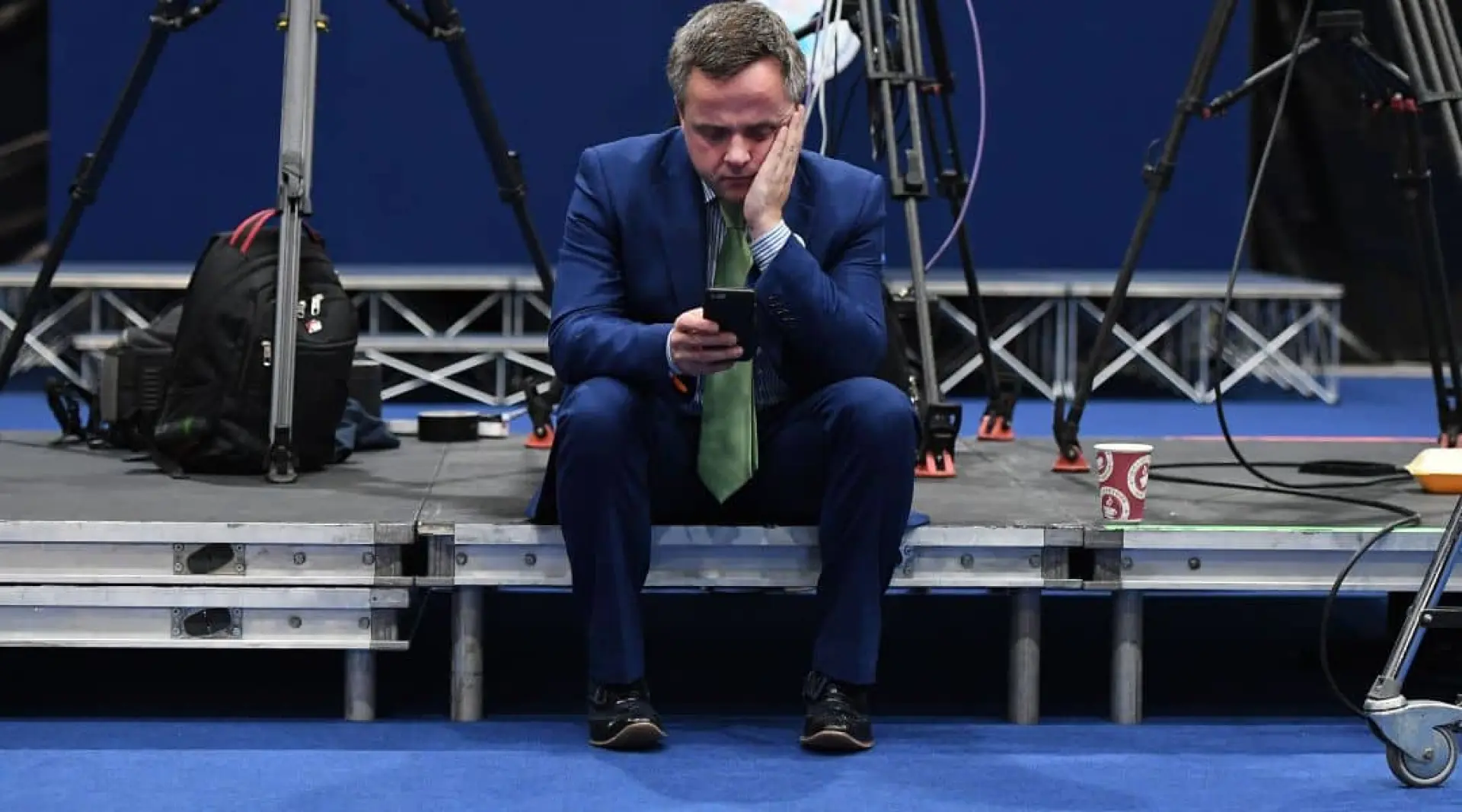
Naturally, there will be far more important implications of this referendum than those affecting the political betting community. But those of us who do this for a living have to face up to some tough questions today. A Remain verdict was rated about a 90% certainty as the polls closed.
Sure, we rode the wave of “the pollsters are all over the place, follow the money”, although in Ladbrokes’ defence, we did take several opportunities to point out the potential pitfalls of assuming that the favourite always wins.
The truth is that bookies do not offer markets on political events to help people forecast the results. We do it to turn a profit (or at least not lose too much) and in that respect, this vote worked out very well for us.
Nobody at Ladbrokes’ HQ will be criticising the predictive powers of our odds, they’ll be looking at the money we made.
The supposed helpful side effect of these markets, their potential to help understand the probabilities of the various outcomes, will no doubt be heavily criticised, understandably.
I think one can see some reasons why it might not have done that job very well this time. While I see no evidence that the betting was deliberately “manipulated” by big money, I think there’s something to be considered in the fact that the most affluent sections of society were generally behind Remain.
Maybe there just aren’t enough dispassionate investors out there to correct that possible bias, even in a multi-million pound market like the EU Referendum.
The majority of players in the market were actually backing Leave, but that doesn’t matter to the prices – all that counts is the amounts of money.
One £10,000 bet counts the same as 10,000 separate £1 bets. In an event like this, where the bettors are also participants,(in that most of them were also voters), should we have taken account of that?
We didn’t think so, but perhaps we were wrong.
Unfortunately (or perhaps not), we can’t run this vote multiple times to test whether the probability estimates were even close. Neither do we have enough evidence from different elections to be confident – the era of big, liquid multi-million pound political betting markets is a relatively new.one.
One could argue that the betting did a reasonably good job in the last two US Presidential elections and the Scottish Independence Referendum.
Even the 2015 general election odds had something to be said for them; the betting gave the Tories an 80 per cent chance of being the largest party even as the polls anticipated a dead heat.
Is this just one of the inevitable, normal occasions where an outsider wins, or a fatal blow to the idea of betting markets as being a useful forecasting tool?
Maybe unsurprisingly, I tend to think the former, but that doesn’t mean we don’t have to reflect on all of their potential flaws and decide how we best interpret them in the future.
All Odds and Markets are correct as of the date of publishing.
